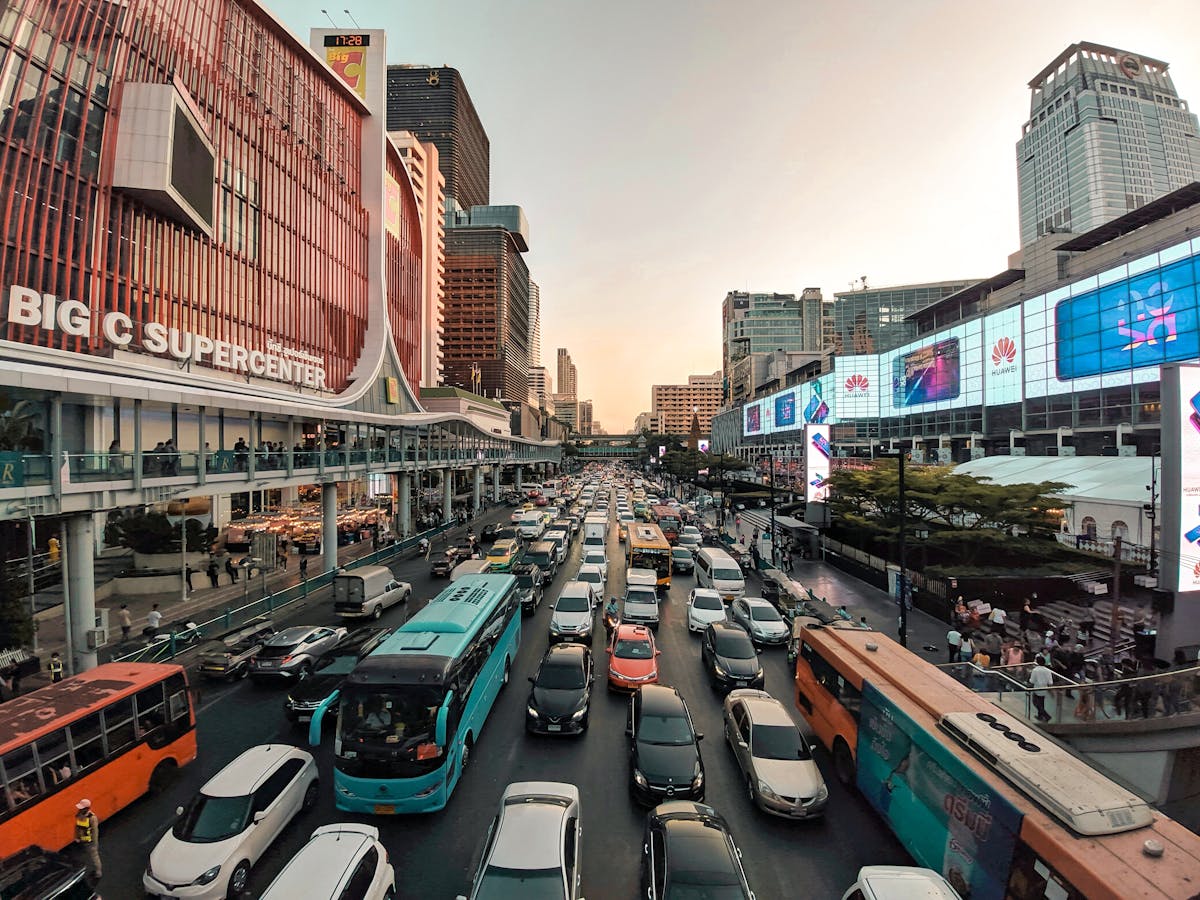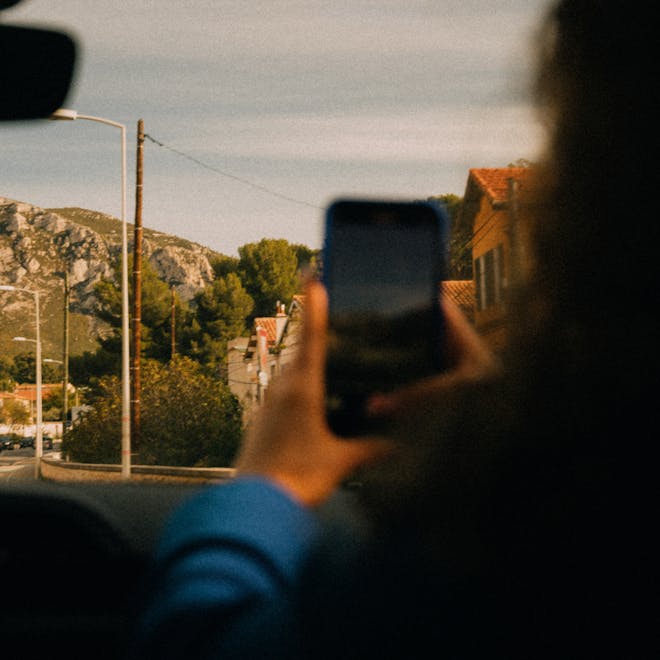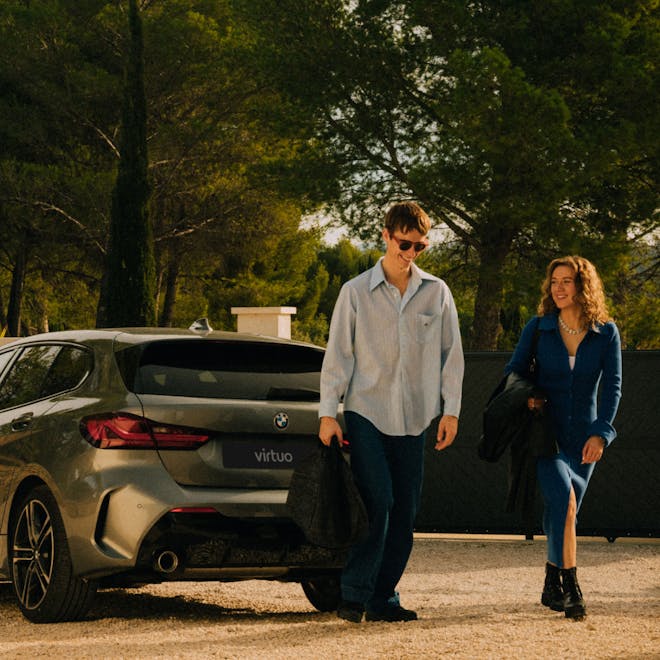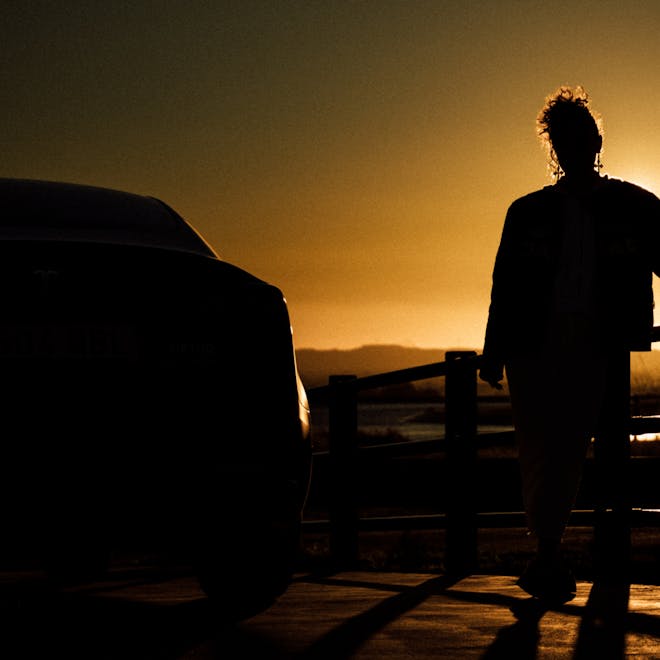Personal cars, necessary or unnecessary?
If you are in a city right now stand up and look out the window. I bet an imaginary £10 that you can either see a car on the road or parked up. Cars are everywhere, we have films based on them, books written about them and TV programmes that review them. This is for a very simple reason, they're amazing. Cars have massively advanced our society, they've enabled exploration, connection and independence. Recently, we're seeing the younger generations shift away from this glorified view of cars. For them, they do not hold the same value as they do for older generations. In fact, older generations often cite stories of eagerly saving their first few pay cheques so they could finally own their first car. I am a member of the aforementioned younger generation. For me, the car is undisputedly an important mode of transport but one that in its current set up I'm not so sure about. However, I wanted to remove my bias and look objectively at whether I really need a car. To do so, I looked into three different areas: the price, the environmental effect and the space they use.

So, let's talk money...
"If you factor in all of the above to work out the average monthly cost of owning a car, you are looking at around £388 per month"
For most people (especially those paying London rent) price is a major factor in any form of decision-making. When owning a car, the list of costs are as follows: Fuel, Insurance, maintenance/ servicing, unexpected repairs or breakdowns, vehicle excise duty, breakdown cover, parking permits/ tickets, cleaning, fines... this doesn’t even include purchasing the actual vehicle! Kwik Fit conducted an in-depth study and found that if you factor in all of the above to work out the average monthly cost of owning a car, you are looking at around £388 per month (1). This figure, of course, increases the more you drive.
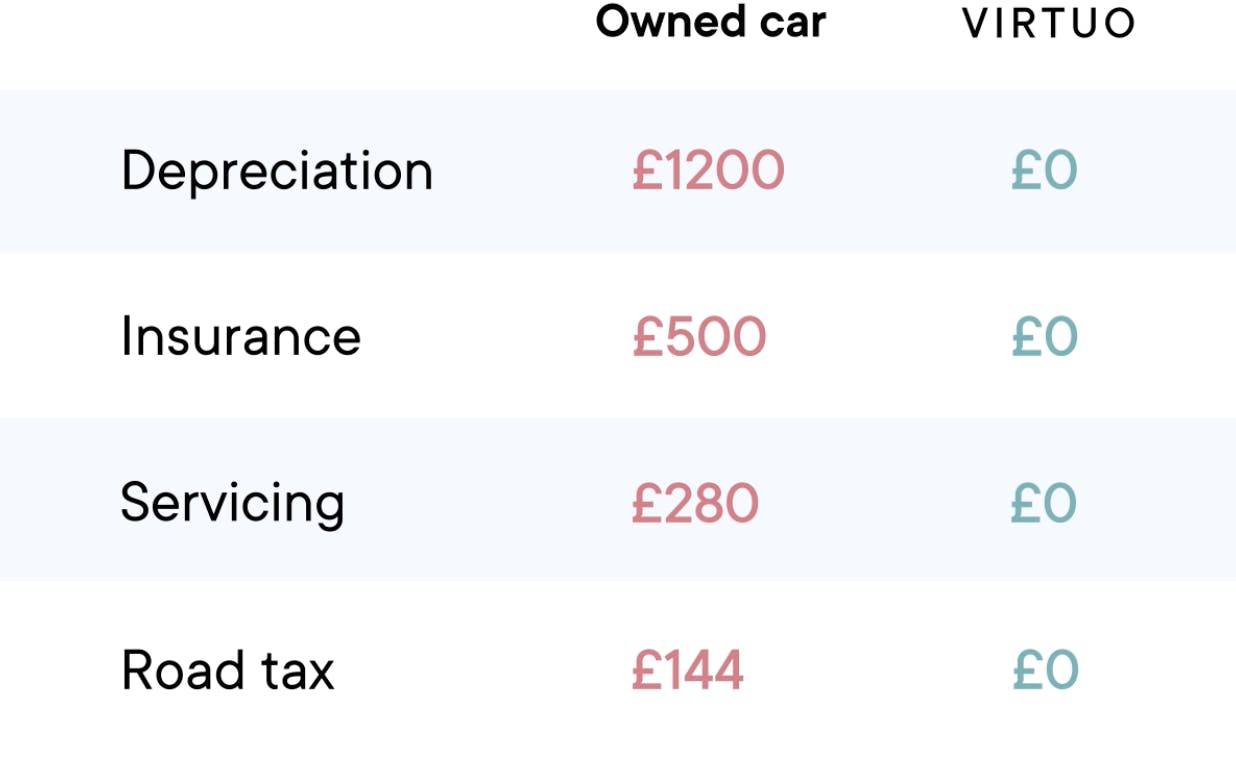
In most major cities, transport planning has led to the rapid innovation in methods for getting around the city, bus journeys can be made for around £1.50, the tube £2.50 and if you are that way inclined, you can take advantage of the bike-sharing schemes for just £2. For journeys out of the city, whether to see friends, visit family or just escape for a couple of days, a service like Virtuo is £120. Let's say you and your partner or friend need a car twice a month to do one of these trips out of the city. Based on the ease and acceptability of doing so you decide to split the cost (something not socially acceptable to do with your own personal car- at best you get fuel money). You are looking at £60 each and £120 per month for both trips, I’ll let you do the math!
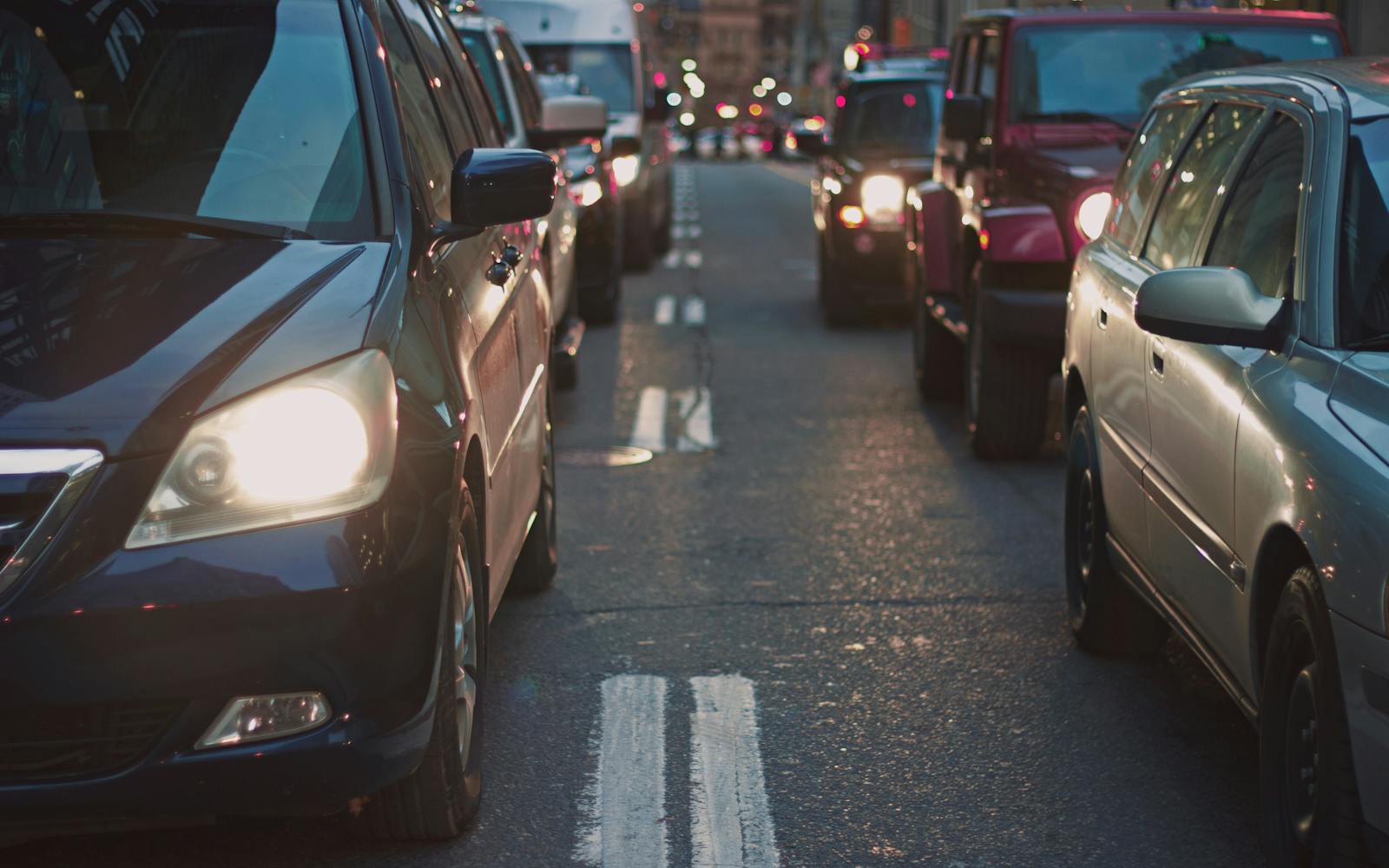
What about the planet?
“A recent study found that poor air quality is likely to take 3 years off our life expectancy, this is higher than smoking tobacco”
Next up, let's look at the environmental impact of personal cars. I think (/hope) that we are all starting to be a lot more clued up on the seriousness that clean air plays in our lives. If you aren't, then maybe knowing that air pollution is the largest environmental risk factor linked to deaths in England and not only that but it’s a problem that affects people all over the world (2). A recent study found that poor air quality is likely to take 3 years off our life expectancy... this is higher than smoking tobacco (3). What’s worse, with the population of major cities growing almost daily, this trend doesn’t look to be stopping anytime soon. London currently has a population of 8.4 million and is projected in the next couple of years to grow to 9.3 million (3). It seems reasonable that as cities are so busy and that there is so much going on the air quality will be likely to suffer.
However, it doesn’t have to be this way. 76% of all journeys that are 2-3 miles are completed by car, if we can cut this figure down by taking advantage of public transport we'll massively cut emissions and improve our air quality. You might think, 'well I use public transport the majority of the time and own a car so this doesn’t apply to me'. But think back, there has been a time when the shops have seemed too far and you’ve lazily hopped in your car to save the effort; remove the temptation!

Any effect on my social life?
“If you think of the most social places in our society, you think of parks, squares, pedestrianised areas… all areas with no cars”
When it comes to space, there are a couple of pretty staggering statistics that really made me think. Firstly, the average car spends 96% of its life idle and depreciating (4). Secondly, 50% of public space is taken up by roads (5). One of the most prominent voices in car-free cities, JH Crawford, makes an important and logical argument. If you think of the most social places in our society, you think of parks, squares, pedestrianised areas… all areas with no cars. If we removed the number of cars on the road, we can reduce the need for roads and parking and thereby increase the area’s children can play and adults can socialise. Not only this but currently the lack of housing is a huge issue that affects virtually everyone, get rid of the personal car and the problem is solved.
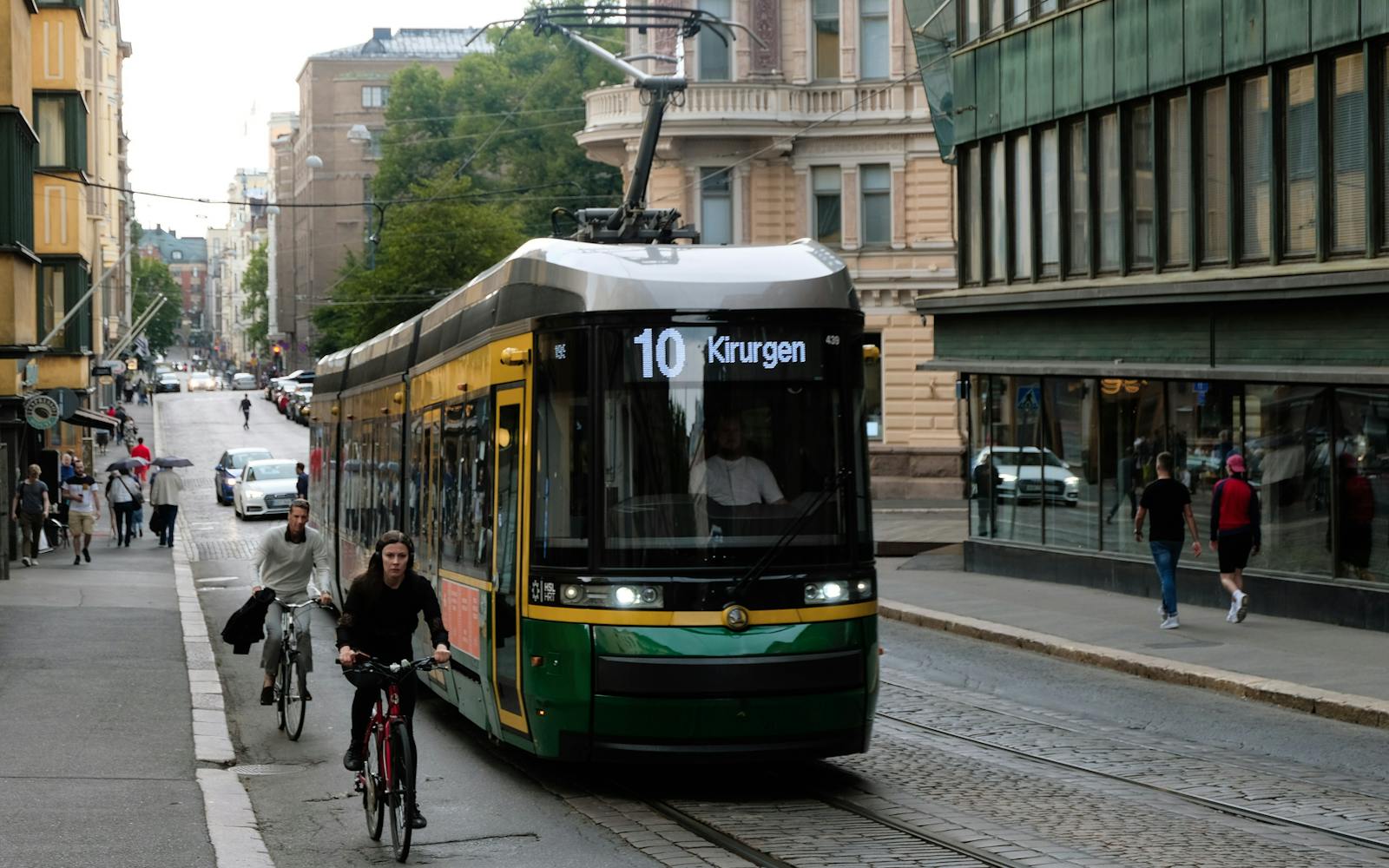
But, is anything being done?
“If we want people to switch to more sustainable modes of transport, we not only need alternative transport options, we also need viable options for longer trips out of the city”
At this point, it looks pretty convincing that I don't need a car and in fact, all personal cars should be removed. The good news is that we are on the way to doing so, attitudes are changing and planning is being implemented. For example, the city of Birmingham has a huge challenge on its hands but is pioneering a car-free city, they are implementing a 20-year plan called 'Birmingham connected' (6). Lots of new developments are going up and choosing to not allocate parking bays. Evidently, there is clearly a concerted effort to eradicate the dependence on personal cars and a city like London has successfully reduced traffic by 30% in the last 20 years. But, there is still a lot of work to do. Lots of policy-based plans are scheduled to take place by 2040, this is great but as well as this, we need to take action now in any form that we can. At the moment, it is the equivalent of that promise you make that next year you’ll start going to the gym; there are all the right intentions but not the right actions. If we want people to switch to more sustainable modes of transport, we not only need alternative transport options, we also need viable options for longer trips out of the city.
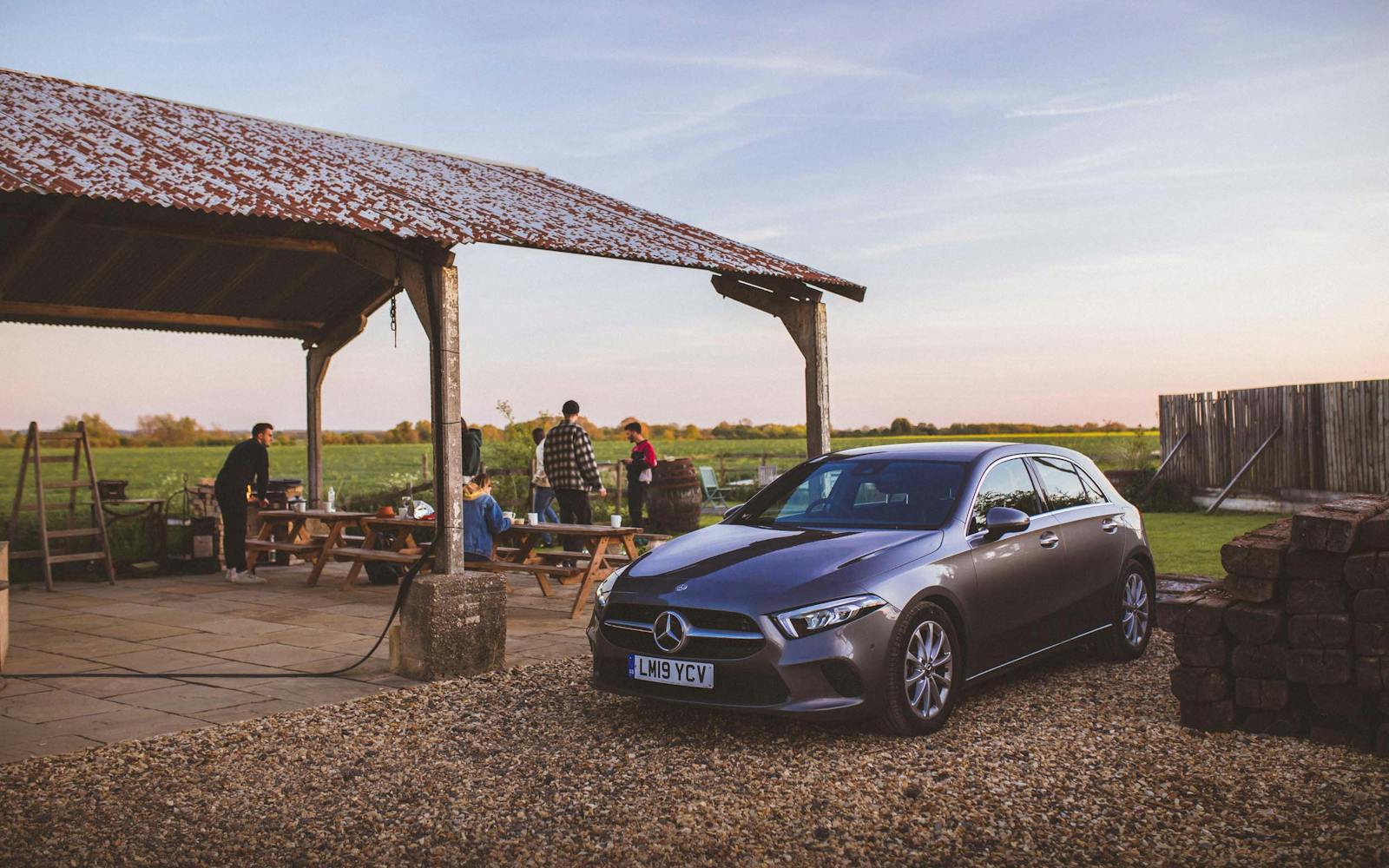
So, here’s what we are doing...
“We provide the flexibility and comfort of a personal car but without all the downsides”
We can't deny that the car is a great invention. However, when it was developed it was most likely never expected to have the mass adoption that it subsequently went on to have. We are now in a position where we have gone so far down the line that we need to rethink how we use the car and whether personal cars are possible going forward. That’s where Virtuo comes in. We provide the flexibility and comfort of a personal car but without all the downsides. We have cars on-demand that are professionally cleaned and maintained.
10 Reason's virtuo is better than owning a car
- 1. No monthly commitments
- 2. Insurance Included
- 3. No taxes
- 4. Stylish new cars
- 5. Always cleaned and maintained
- 6. Flexibility (1 - 90 days)
- 7. Up to 4 additional drivers
- 8. No purchasing cost
- 9. No depreciation
- 10. ULEZ vehicles
We are looking to build is an experience that goes far beyond owning a personal car. By filling the gap we hope to change the world for the better. Join us on our mission and jump in a Virtuo.
